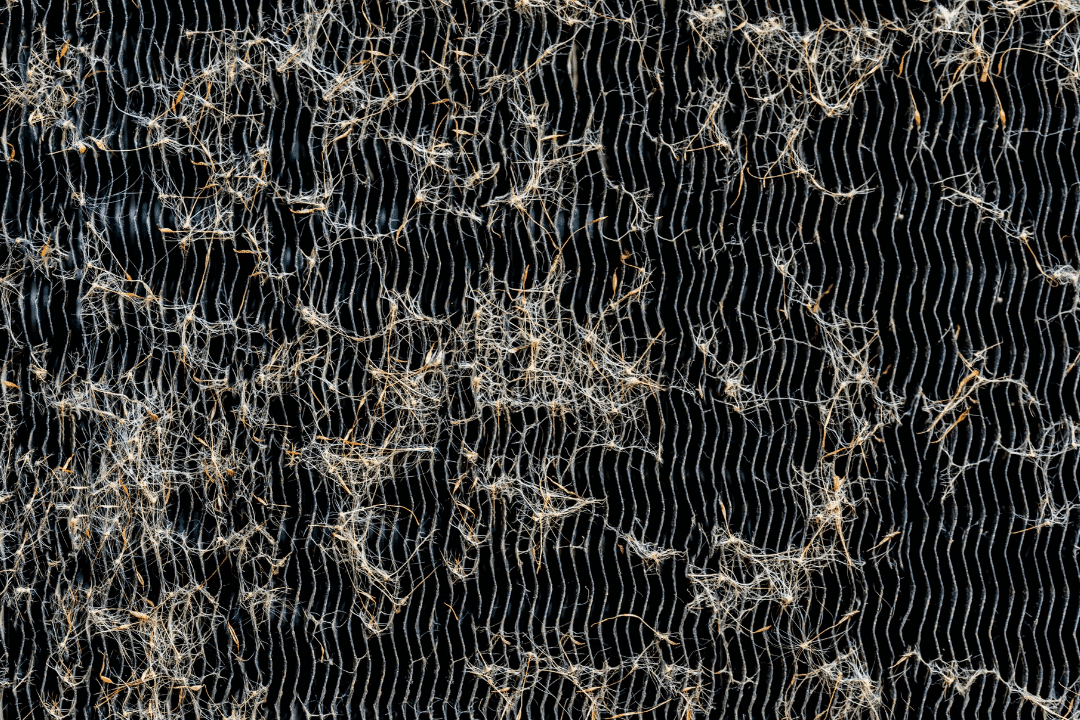Why Dirty Condenser Coils Are Wrecking Your HVAC System (and How to Fix It)

Dirty condenser coils are one of the most common causes of HVAC/R system overheating and failure—especially during summer heat waves. Blocked airflow forces your system to work harder, increasing energy consumption and the risk of breakdowns when you need cooling most. The fix? A simple, regular cleaning routine.
Trust Smart Care’s certified technicians for their repair and maintenance expertise, ensuring your equipment stays efficient, reliable, and protected year-round.
Key Takeaways
- Dirty condenser coils block airflow and reduce heat transfer, making your system overwork and consume more energy.
- Summer heat waves intensify strain on equipment, so clean coils are essential for keeping things running.
- Monthly inspections and quarterly deep cleans help maintain performance and extend equipment life.
- Warning signs include higher energy bills, short cycling, overheating, or ice buildup—indicators your coils need cleaning.
- Smart Care’s expert technicians provide professional condenser coil maintenance that minimizes repairs and boosts system longevity.
How Summer Heatwaves Compound HVAC/R Stress
When outdoor temperatures rise, your HVAC and refrigeration systems already face heavier workloads. Combine that with dirty condenser coils, and airflow gets restricted—leading to overheating, inefficiency, and possible equipment failure.
Pro Tip: If your building is near a construction site, high-traffic area, or surrounded by vegetation, you’ll likely need to clean the coils more frequently during the summer.
What Condenser Coils Actually Do
Condenser coils release the heat that your HVAC/R system removes from air or refrigerated goods. When they’re clean, this process is smooth. When dirty, heat gets trapped—and your system suffers.
Watch for these signs of dirty condenser coils:
- Rising utility bills
- Equipment running constantly or cycling on and off
- Ice formation or overheating
- Equipment failures earlier than expected
Even a thin layer of dirt, grease, or pollen can insulate the coils and trap heat—compromising system efficiency.
How Often Should You Clean Condenser Coils?
While cleaning frequency varies by environment, a good rule of thumb is:
- Monthly: Visual inspections and light surface cleanings.
- Quarterly: Deep cleanings by trained professionals.
In dusty areas or 24/7 operations, you may need more frequent cleanings. Sticking to a schedule protects your system and helps prevent costly compressor damage.
Monthly Cleaning Tips
- Inspect coils visually for dirt buildup.
- Use a soft brush or long-handled tool to gently remove debris.
- A toothbrush works great for tight spots; avoid sharp coil fins.
- A damp towel can also help, but avoid direct skin contact with coils.
Quarterly Cleaning
- Schedule professional maintenance or train staff for deep cleans.
- Use compressed gas or water spray to remove stubborn dust.
- For grease or buildup, specialized tools and chemical cleaners may be required—always follow safety protocols.
Smart Care’s technicians can assess your site and recommend a schedule that suits your location, equipment type, and usage patterns.
Let Smart Care Handle It
Our technicians understand the vital role clean condenser coils play in equipment performance. With Smart Care, you get proactive maintenance that helps avoid emergency repairs and keeps your systems efficient—even during record-breaking heat.
Ready for service before the next heatwave?
- Call us at (888)-887-1675
- Submit a service request through our contact form
- Visit our Find Local Service Page to get in touch with your regional Smart Care team.